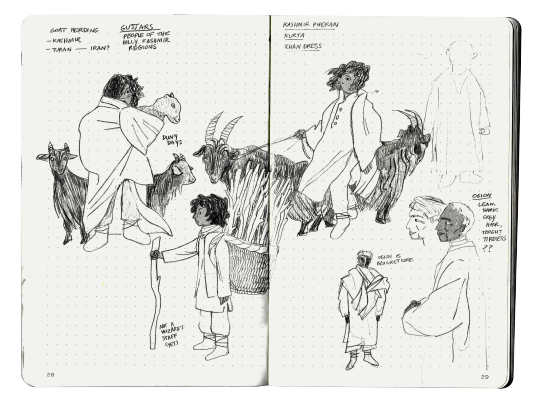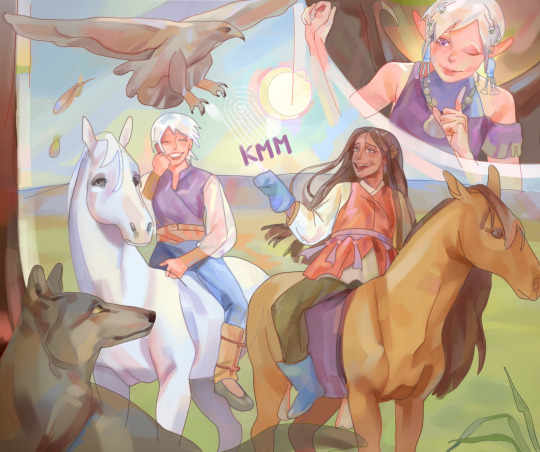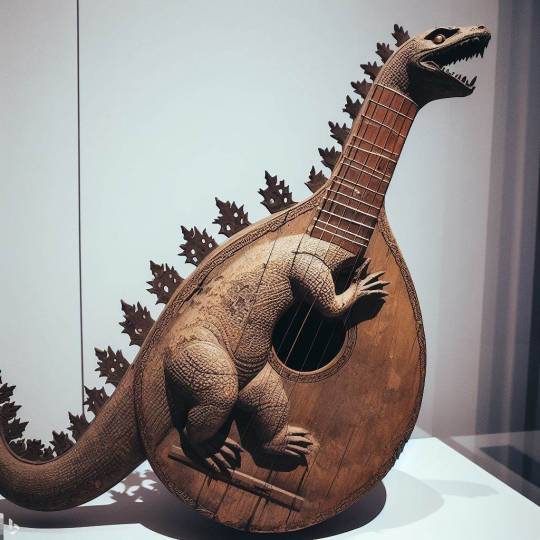Text
one of my favorite scenes in the entirety of asoiaf is the one where ramsay bolton’s dad is riding through the forest with theon giving casual long winded exposition about Why Ramsay’s Like That while theon sits there eyes bloodshot down several limbs shaking like a dog silently stewing in his own limitless agony and despite this every few minutes he has to be like mhm. uh huh. wow roose that’s craaaazy dude haha
466 notes
·
View notes
Text

She was less certain whether she would forgive herself.
Arianne Martell as depicted in the Finnish special edition of A Feast for Crows illustrated by Petri Hiltunen.
119 notes
·
View notes
Text




Goat-herding Duny sketches based on random pictures of mountainous goat-herding outfits in Kashmir and Iran
The characters don't have a very solid design in my mind yet, especially Ogion. He's giving Giancarlo Esposito in this.
384 notes
·
View notes
Text

instagram user theflowermoonsuns commisioned a piece of arya and dany interacting
400 notes
·
View notes
Photo






Lake Frövettern in Värmland, Sweden (November 24, 2018).
5K notes
·
View notes
Text
i think it's when other stans sound like haters to you but also to other stans you too sound like a hater
u know uve reached peak blorbo understanding when you sound like a hater to the stans and like a stan to the haters
9K notes
·
View notes
Text
1 i reread asoiaf 1-5 and had lots of fun doing so (even if at some point i started binging and rushed not sharing any thoughts any more but probably i will) 2 i'm So looking forward to the new year's crop of new theon exchange fic 3 i have So many asoiaf art ideas but somewhat lost the capacity to draw but maybe i'll work on it
5 notes
·
View notes
Text
ramsay boasting to his guests about removing theon’s ‘pretty white teeth’ is multilayered theres obviously 1. theon loss of identity (‘smiling, always smiling’/hears his horse smiler screaming as it dies at the end of acok) and 2. ramsay’s envy of theon’s looks + lordly upbringing that let him keep a mouthful of straight white teeth. but also probably least discussed 3. the affc-adwd motif of teeth knocked out immediately before rape. pia and the mountain’s men maester kerwin and the ironmen it implies in the first reek chapter what will be made more explicit about their relationship later
184 notes
·
View notes
Text
I really think euron should cut aerons hair off and shave his face while he’s holding him captive. it’s humiliating and violating and robs him over control of even his appearance and also he’s only 27 so he’d look sooo young and vulnerable without the long beard which of course you know euron would point out
82 notes
·
View notes
Text
thing that solidified the idea that Asha is the female version of Theon was reading her ADWD chapters and realizing that she wasn’t trying to manipulate Theon into self-destruction and did genuinely want him to leave Winterfell with her and her men in ACOK. girl did not grasp that sexually assaulting her younger brother was going to result in him not being able to trust her ever again, on par with Theon not realizing that betraying Robb and proclaiming himself the prince of Winterfell was going to make everyone hate him.
89 notes
·
View notes
Text


intense stark simping from qhorin halfhand. i'm indifferent on qhorin as ironborn theories, as in, why not. he has a cool axe, and a cool long braid, and a cool potential finger dance injury, and is a badass cool sad latent suicidal. but of course fandom's honorary ironborn would be a huge stark fan
#thinking of this again#unfortunately the stark simping Is an unacceptable dealbreaker the more i sit with it#like a northman singing the praise of stark blood : normal cool#an ironborn groveling such after having been subjugated and their heir taken hostage 'oh they are our only hope' : uncomfortable#hard to fit psychologically with the potential history with mance too
4 notes
·
View notes
Photo

Before we were mortals - 5"x7" on linen #embroideryart #embroidery #bordado #broderie
128 notes
·
View notes
Text

Bertina Lopes (Mozambican, 1924 - 2012)
Bagnanti (Bathers), 1971
oil on canvas | 99.7 x 99.7 cm. (39.25 x 39.25 in.) | signed and dated "bertina 71" upper right; signed, dated and titled on the reverse | private collection © photo Christie's
As first seen via Female Artists in History FB page
9 notes
·
View notes



